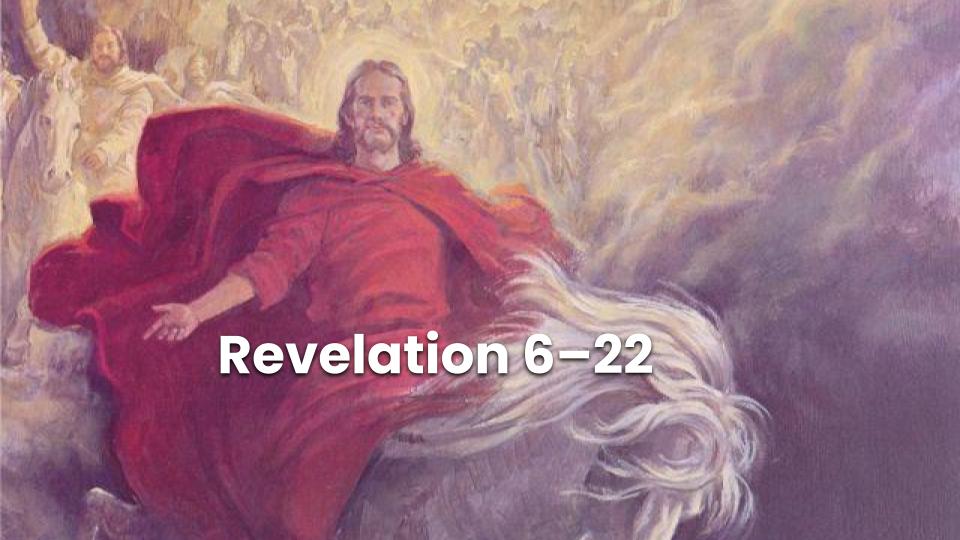Heads up! I’m creating short, fun, Come Follow Me videos each week. Be notified of new videos via email, Facebook, or Instagram.
Below is a transcript based on this Come Follow Me video, drawn from my book, The Founder of our Peace. If you’re looking for the spreadsheet of 543 questions in the Book of Mormon you can find it here. Brad Wilcox and I wrote our book, 52 Life-Changing Questions from the Book of Mormon based on our analysis of these questions.
***
The Book of Mormon contains 543 questions. Some of these questions are extremely powerful. For example, “Are we not all beggars?” (Mosiah 4:19) “Is not a soul at this time as precious unto God?” (Alma 39:17), and “Who can glory too much in the Lord?” (Alma 26:16). Of course there’s also every deacon’s favorite question “Whither shall I go to obtain food?” (1 Nephi 16:23). If you’re interested in seeing all 543 questions in the Book of Mormon you can click the link in the description to access a spreadsheet. As I’ve looked at all of these questions, I found some interesting facts:
• Sixty-one different individuals ask questions in the Book of Mormon, including prophets, missionaries, investigators and apostates.
• Alma 5 has the most questions (42!) of any chapter in the Book of Mormon. Alma 30 is a distant 2nd with 22 questions.
• Alma the Younger asks the most questions in the Book of Mormon. He asks 103 questions, or 19% of all the questions in the Book of Mormon. Even if Alma 5 was not included, Alma the Younger would ask more questions than anyone else in the Book of Mormon. Nephi is in 2nd place with 41 questions.
• The most commonly-asked question is one that has to do with how people remember (or forget) the Lord. This type of question appears 26 times.
• Jesus Christ directly asks 35 questions in the Book of Mormon.
Today I want to focus on a key question posed by Mormon. He asks, “What is it that ye shall hope for?” (Moroni 7:41).
Think about that question for a moment. What do you hope for? I’ve found that for many of us, our hopes center on temporal issues:
• “I hope I can do well on this test.”
• “I hope I can find a better job.”
• “I hope the right person will want to marry me.”
• “I hope people don’t judge me (or a family member) based on X circumstance.”
Although we can appropriately hope for many things, across the hundreds of times the word hope appears in the scriptures, it rarely describes hoping for a temporal outcome. In fact, in answer to his question, “What is it that ye shall hope for?” Mormon says, “Ye shall have hope through the atonement of Christ and the power of his resurrection, to be raised unto life eternal” (Moroni 7:41). Throughout the scriptures we are told to center our hope in Jesus Christ.
As the Psalmist said, “Happy is he . . . whose hope is in the Lord.” (Psalm 146:5).
As generally used in scripture, hope isn’t a list of the temporal things that we want. Instead, hope is a belief that Christ is real, that the blessings made possible through his Atonement are efficacious, and that we will be resurrected to eternal life. True hope is less that we will be able to afford a new house and more that Christ has prepared for us heavenly mansions. True hope is less that our children will make good choices and more that Christ’s Atonement is strong enough to reach them—now or in the future. True hope is less that our allergies will go away this week, and more that we will be resurrected and have no more allergies in a future day.
While a home, children who make moral choices, good health, and many other goals are worthy desires we can strive for, we should work to convert our worries about these things into a hope that in a coming day “God shall wipe away all tears . . . ; there shall be no more death, neither sorrow, nor crying, neither shall there be any more pain” (Revelation 21:4). The ultimate antidote to worry is a hope centered in Jesus Christ.
If my hope is centered in an outcome, like getting into graduate school, my children doing their chores, receiving a good assignment at work, excelling at some task, or my spouse doing what I think is best, eventually I will be disappointed. However, if my hope is completely centered in Christ, I will always have the courage to move forward. Truly the Savior is “the hope of Israel” (Jeremiah 17:13).
How do we have more hope in Christ? Mormon taught, “The Holy Ghost . . . filleth with hope” (Moroni 8:26). The more we can invite the Spirit into our lives—through prayer, service, temple worship, and many other ways—the greater will be our hope in Christ. Studying the scriptures is specifically highlighted by prophets as being a key to increasing hope—they are the words of Christ that will give us the guidance we need.
In a letter to his son Moroni, Mormon provides another important key for increasing hope: always remembering the Savior. Mormon writes, “My son, be faithful in Christ; and may not the things which I have written grieve thee, to weigh thee down unto death; but may Christ lift thee up, and may his sufferings and death, and the showing his body unto our fathers, and his mercy and long-suffering, and the hope of his glory and of eternal life, rest in your mind forever” (Moroni 9:25, emphasis added). It’s the hope of eternal life, not the things of this life, that needs to rest in our minds forever.
My prayer today is that you and I will center our faith and hope in Jesus Christ. We can find great joy in him.






